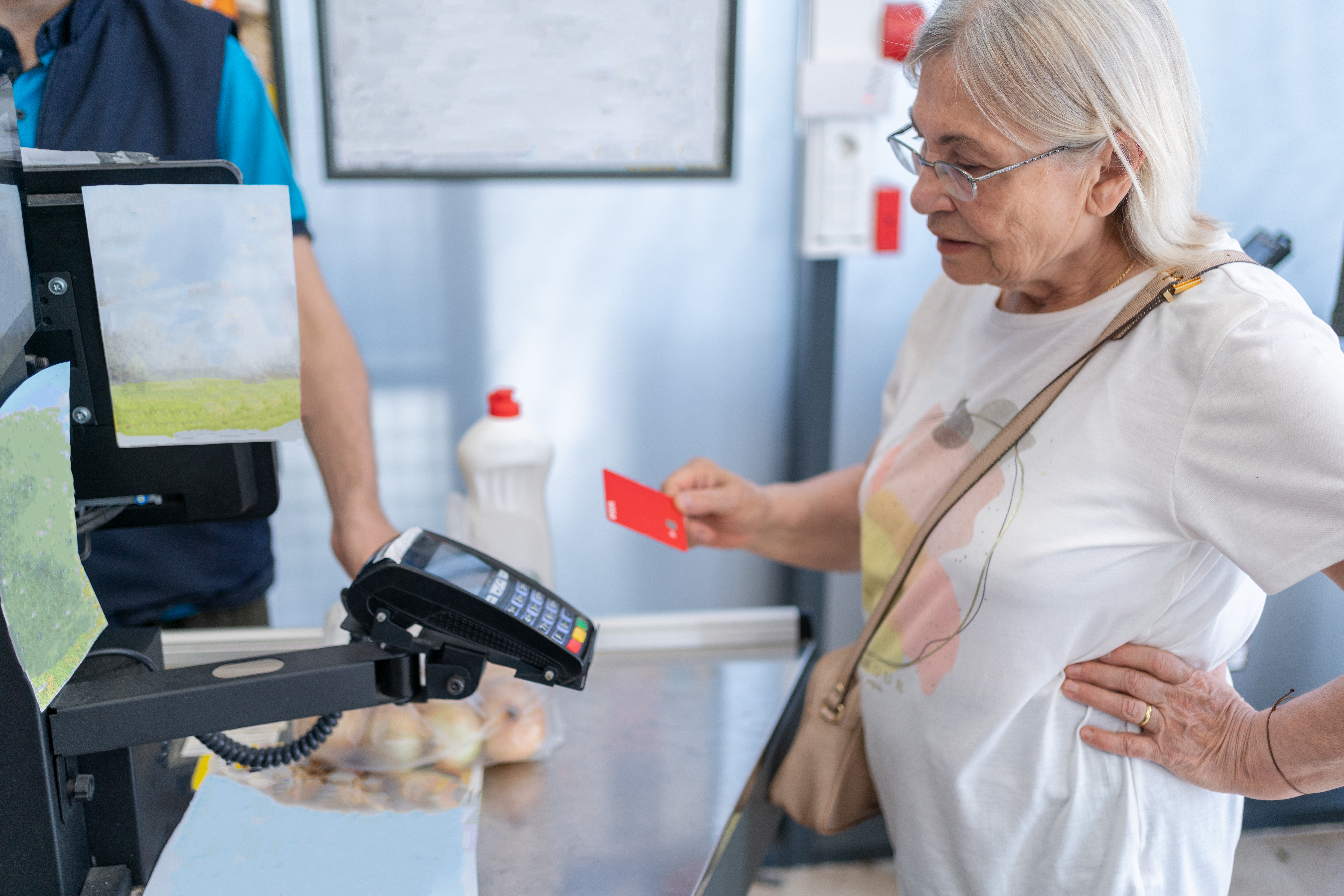AARP Hearing Center

As of November 1, 2025, millions of Americans—including many older adults—may not receive their monthly food benefits through the Supplemental Nutrition Assistance Program (SNAP) due to the ongoing federal government shutdown. This disruption affects individuals living on fixed incomes, many of whom rely on SNAP to afford groceries and maintain their health.
You Are Not Alone
If you are facing food insecurity, know that help is available. Whether you need groceries, home-delivered meals, or someone to talk to, these resources are here to support you. You deserve dignity, nourishment, and peace of mind.
Check Your EBT Balance
Unused SNAP benefits from previous months may still be available. Benefits usually stay on your card for up to 12 months. Visit your state’s EBT portal or call the number on the back of your card to check your balance.
Many food banks and pantries offer services tailored to older individuals, including home delivery and dietary-sensitive options:
Food Banks: Visit the Project Bread website or the website of a food bank in your area:
- Eastern Massachusetts
Greater Boston Food Bank - Central Massachusetts
Worcester County Food Bank - Western Massachusetts
The Food Bank of Western Massachusetts - Northeastern Massachusetts
Merrimack Valley Food Bank
TAFDC (Transitional Aid to Families with Dependent Children) provides economic assistance (cash benefits) to help you meet your family’s basic needs. It also provides supports to help you reach your long-term goals. On this page you can learn more about the TAFDC program, what you need to do to keep your benefits, how to tell DTA about changes to your household, and how to take advantage of education and training opportunities.
Emergency Aid to the Elderly Disabled and Children (EAEDC) gives older and or disabled adults, children being cared for by a non or distant relative and adults taking care of a disabled person two cash payments per month to help meet their basic needs and MassHealth coverage.
WIC is a nutrition program that provides healthy foods, nutrition education, breastfeeding support, and referrals to healthcare and other services, free of charge, to Massachusetts families who qualify.
Massachusetts Home Energy Assistance Program
Winters are harsh! You work hard. Heat is expensive. The cost of staying safe, warm and healthy can be too much. There is help available to pay your heating bills through the Home Energy Assistance Program (also commonly referred to as Fuel Assistance, and more formally known as HEAP – the Home Energy Assistance Program)
The Massachusetts Good Neighbor Fund
If you don’t qualify for HEAP because you make too much money, try the Massachusetts Good Neighbor fund. For over 40 years, the Massachusetts Good Neighbor Energy Fund has provided energy assistance to hundreds-of-thousands of residents in temporary crisis who are struggling to pay their energy bills and do not qualify for federal or state energy funds. The Massachusetts Good Neighbor Energy Fund is available to any Massachusetts resident who, because of temporary financial difficulty, cannot meet a month's energy expense and is not eligible for state or federal energy assistance. Income must fall between 60 and 80 percent of the state's median income levels.
Massachusetts Councils On Aging
If you’re looking for additional help, your local council on aging is a good starting point. Councils on Aging in Massachusetts provide a wealth of information to help citizens grow old in their community. They can point you in the right direction to other programs that could help you save money. To find your local COA (Council on Aging) click
Regional Aging Services Access Point (ASAP)
There are 24 ASAPs across the Commonwealth, all contracted with the Executive Office of Aging & Independence, that provide programs and services designed specifically to support adults aged 60 and older, and their caregivers. From exploring care options and assistance with nutrition and food security, to support with housing, health, financial wellness, transportation, and safety, ASAPs are there to help.
Feeding America Food Bank Locator - https://www.feedingamerica.org/find-your-local-foodbank
Hunger Free America - https://findfood.hungerfreeamerica.org
Food Finder Interactive Map - https://foodfinder.us/
WhyHunger Find Food Database - https://whyhunger.org/find-food
Meals on Wheels America: Delivers nutritious meals directly to homes. Find a provider - https://www.mealsonwheelsamerica.org/
Little Food Pantries - https://www.thelittlefreepantries.org/
Local Area Agencies on Aging (AAA): These agencies often coordinate food delivery, congregate meals, and other support services. Find your local AAA - https://eldercare.acl.gov/home
National Hunger Hotline: Call 1-866-3-HUNGRY or 1-877-8-HAMBRE (Spanish)
WhyHunger Hotline: Call 1-800-5-HUNGRY or text your ZIP code to 1-800-548-6479
Call 2-1-1 or visit 211.org to connect with local food programs.































































